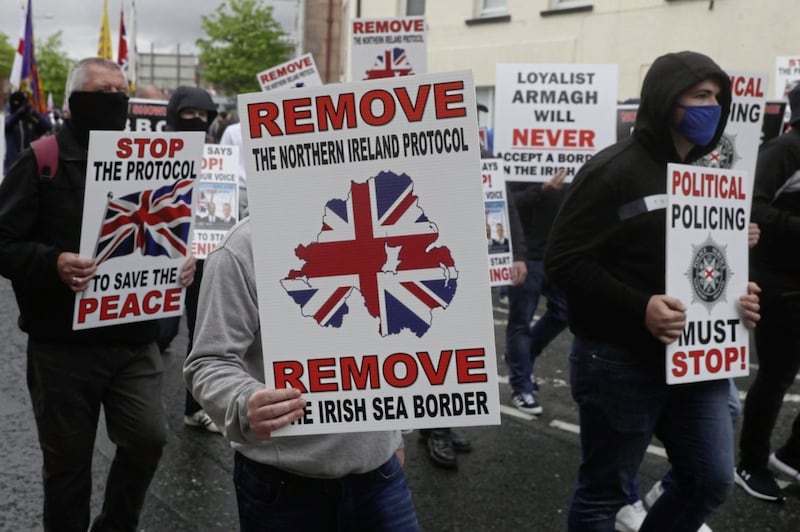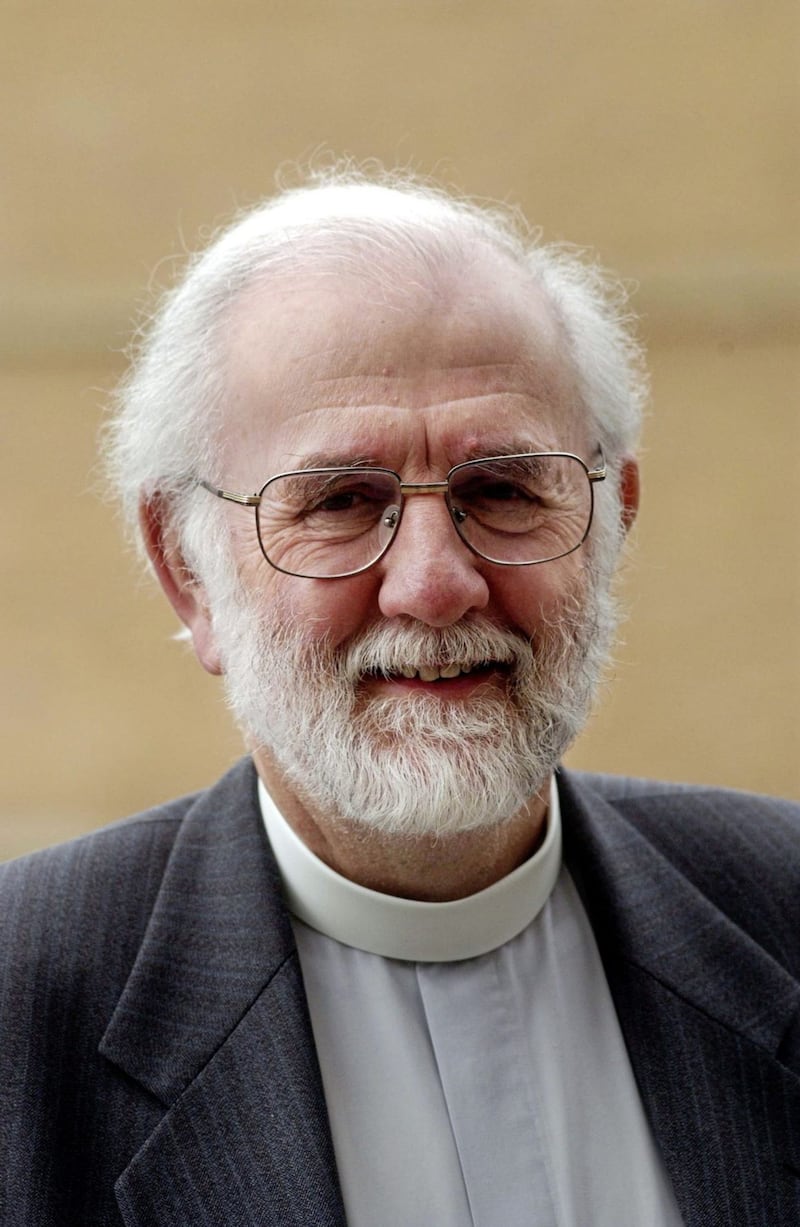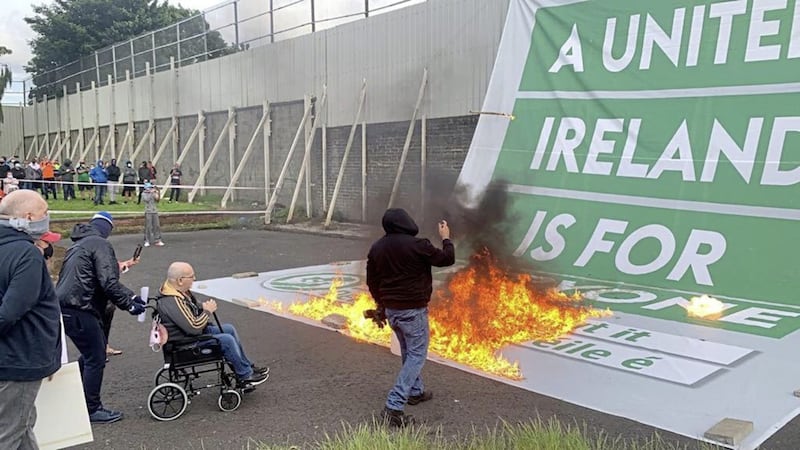COMMEMORATING 100 years of Northern Ireland evokes conflicting emotions. For those who lived through the Troubles, the Good Friday Agreement seems much more recent than 1998.
The pallor of suffering and enmity still casts its shadow. The diminution, if not complete absence, of violence has allowed a new post-Good Friday generation to at times flourish; interested in what happens to the planet and the presenting issues of their contemporaries.
Their understanding of what previously transpired is often limited; yet the gravitational pull of Irish history still exerts its overwhelming influence.
Politics remains hidebound by a mercurial instability, lurching from crisis to deadline as the spectre of the past demands to be heard.
Just as a fragile progress began to emerge, Brexit imposed its divisive reality. The poet John Hewitt's vision of a plurality of identity dissipated as ancient fault lines resurface. Are we destined once again to confront our problems with binary answers? The rhetoric would suggest that nothing has changed, but perhaps we need to reflect further.

The wisdom of Seamus Mallon shortly before he died - reminding us, like the sage he was, that 50 per cent-plus-one in a border poll will not deliver the "kind of peaceful agreed Ireland we seek" - is a necessary corrective to other strident voices promising victory or redemption.
Further evidence of reflection also, from an Irish government, which talks of a "shared island". Language matters...
In A Precarious Belonging, published in 1995, former Presbyterian Moderator John Dunlop argued against a "siege mentality" and presciently called for an understanding of Presbyterianism with its complex sense of Britishness and Irishness as a prerequisite to a lasting Irish solution.

Like Mallon, the author had pondered deeply, seeking to glimpse a future where the different tribes could imagine a cooperative and respectful space.
A census that finds a surprising number who refer to themselves as 'Northern Irish'; delicate shoots that may suggest that a younger generation does not feel beholden to traditional paradigms.
While there are small signs of a broader more inclusive vision, the legacy of our conflict is capable of eclipsing all attempts to move forward. For those who have been the victims of a deep injustice or suffered grievously, because of the actions of paramilitary or sometimes State violence, the absence of truth and particularly justice remains a festering wound.
At a time when the message of the gospel of grace and forgiveness could offer hope and healing the Church has itself been wounded by its own scandals; an episcopal voice that now struggles to influence and deemed to be the preserve of an ageing demographic.

It would be myopic to simply conclude that nothing has changed since 1921. While the "integrity of our quarrel may still be intact" the narrative is now more nuanced, the conversation more complex. The moments when "hope and history rhyme "are fragile and rare, but critical nonetheless to a subterranean shift that may allow for progress.
How can the Church contribute to the "longed for tidal wave of justice"? For all our outward piety the transforming power of forgiveness has yet to break down the hatred so embedded in our psyche. What form it takes is less the issue than a recognition that it is only when the power of forgiveness is unleashed that hope can be embedded and generosity take root.
We are accustomed to a win-lose scenario. A victory for you is a defeat for me. The fact that celebrations of the centenary are somewhat muted is ironically a small step forward.
We may be a long way from a society at ease with itself but, as our greatest poet, Seamus Heaney, observed: "If we can find the words there's always a chance we will find the way."
Let the quiet conversations continue for the century ahead. May an enhanced vision emerge, building on the hope of the Good Friday 'moment'. Violence as a tactic has been for this era comprehensively discredited - a fervent prayer that a new generation avoid its siren call.
And may the Church tap into its deepest sources of wisdom. Bereft of much of its power and influence, it must rediscover the radical spirit of its early Irish saints, offering a vision, which captures the essence of humanity at its best.
David Trimble in his Nobel prize acceptance speech, laced with a Burkean realism and wisdom, perhaps encapsulated the way ahead: "The dark shadow we seem to see in the distance is not really a mountain ahead, but the shadow of the mountain behind - a shadow from the past thrown forward into our future. It is a dark sludge of historical sectarianism. We can leave it behind us if we wish."
Brett Lockhart QC is a Permanent Deacon at St Brigid's Parish in Belfast.
Further reflections on 'Northern Ireland at 100 years' can be found at contemporarychristianity.net, the online home of the relaunched Contemporary Christianity group which aims to explore complex and contentious issues in Northern Ireland from a "clear Christian perspective".







